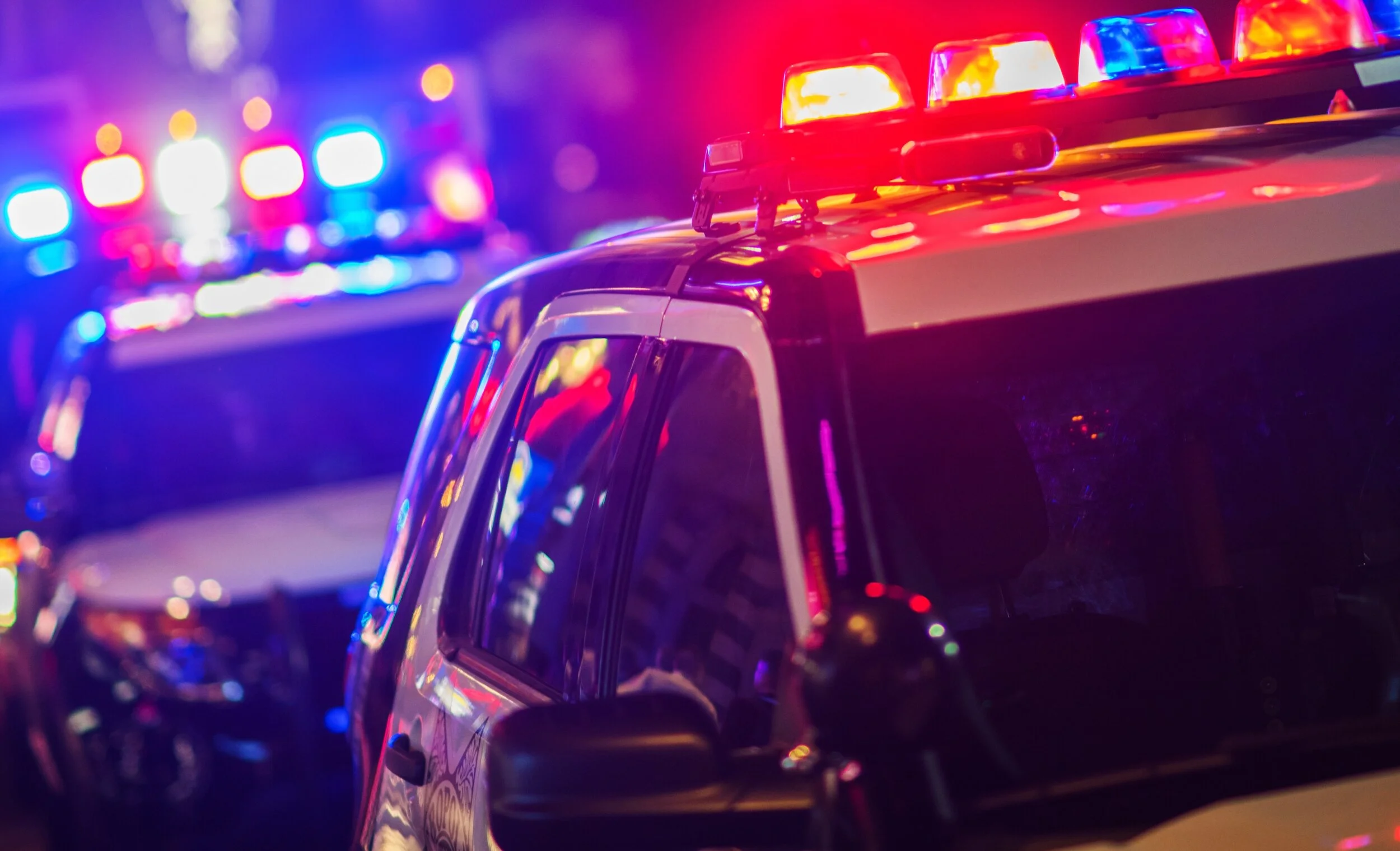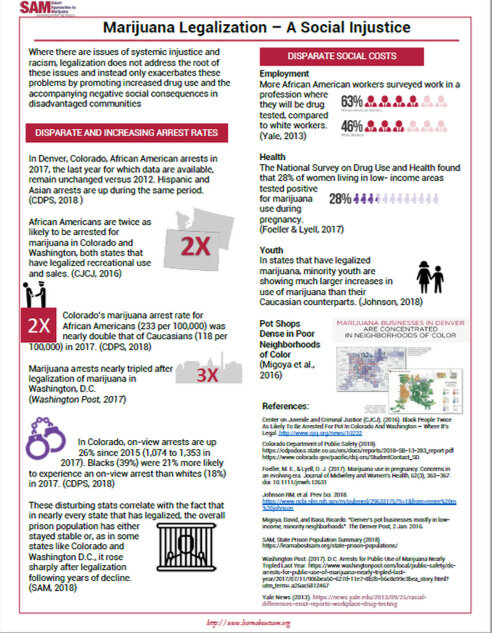Understanding Decriminalization
/We need to commonly understand a few terms to have a useful discussion about decriminalization.
Decriminalization - there is not a standard definition, but in general this is the idea of downgrading or eliminating criminal consequences for marijuana possession/use and small-time sales. It also implies criminal justice reform.
Criminal consequences – include jail time, records that follow a person and negatively impact their chances in the future, and costs of navigating the criminal justice system, i.e. court, bail, lawyers/representation, etc.
Legalization of marijuana – is the commercialization of marijuana sales. Turning the marijuana supply chain into a big-business, for-profit, 3rd addiction industry. Legalization is NOT decriminalization and may be the worst possible way to accomplish criminal justice reform or decriminalization.
Recreational-marijuana use laws in the 10 states that allow it, encourage the use of marijuana for everyone (young and old, current users and people that have never tried pot prior). These laws have been written by and on behalf of the the Marijuana Industry via its ever-increasing influence. The Marijuana Industry’s goal is to convert young, new users and current, casual users into life-long, heavy users (all addiction-for-profit industries have the same goal). Legalization and this goal create many severe public and family health issues for all communities.
Social Justice – In general, social justice is about fairness, a level playing field, certainly in law but also in practice. It contains overtones of color and seeks to combat racism. There are generally 4 interrelated principals - equity, access, participation and rights. Religious definitions of social justice go on to say that the “dignity of the human person” should always come first and the doctrine of stewardship should guide societal decision making.
Effective Decriminalization strategies for drug use – 1) couples a public health perspective with law enforcement and 2) examines, for possible realignment, consequences and the severity of crimes committed. State laws should:
Discourage use of marijuana especially among those that have never tried it.
Provide alternatives to incarceration for personal use or marijuana possession offenses; alternatives like citations, diversion programs and fines.
Require mandatory assessment of problem-drug use.
If a substance use disorder is found, divert users to a “treatment track.”
If no substance use disorder is found, divert users to social services that can address other life factors contributing to drug use.
Waive fines/costs for those without means vs adding “non-payment” to records.
Provide automatic expungement for first-time offenders who complete treatment and education programs without further violations within one year.
Look at restorative justice models for non-compliance with court-ordered plans.
All of these could be accomplished through the typical legislative process in every state. Nothing special is required; certainly not marijuana legalization. These ideas are taken from SAM’s Model State Legislation statement
A comment on “Heart issues” – in the flyer linked to the right - “Marijuana Legalization - a Social INjustice” - you will see data on how legalization specifically hurts disadvantaged and communities of color. As it states, “the roots of systemic injustice and racism are not addressed by marijuana legalization… and in fact only compound these injustices making them worse.”
All people see life through their personal lens, and some lens are more clear than others when it comes to racism. A racist cop (and please note so many more cops are not racist) or any person that has not intentionally looked inside themselves for racial bias, will likely see life through that tinted lens. Racism is in part an “issue of the heart.” This is one reason why marijuana legalization has worked against communities of color – legalization pours another drug into these communities and does nothing to combat what are actually “issues of heart.”
As parents, we have an opportunity to look inside ourselves for racial bias and if found, work to change it. We are also the right stakeholders to encourage and/or direct our kids to do the same.



